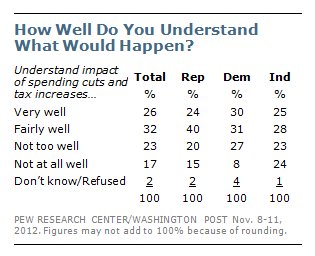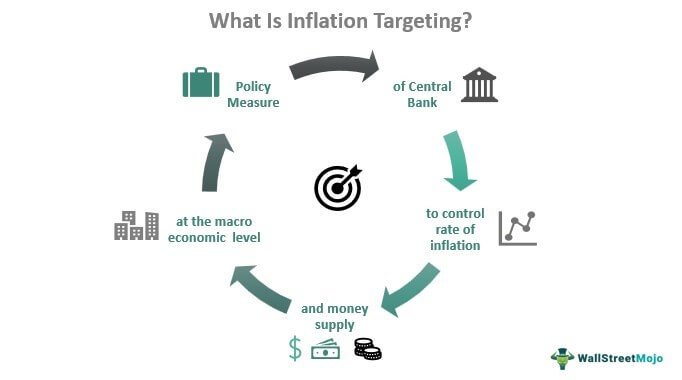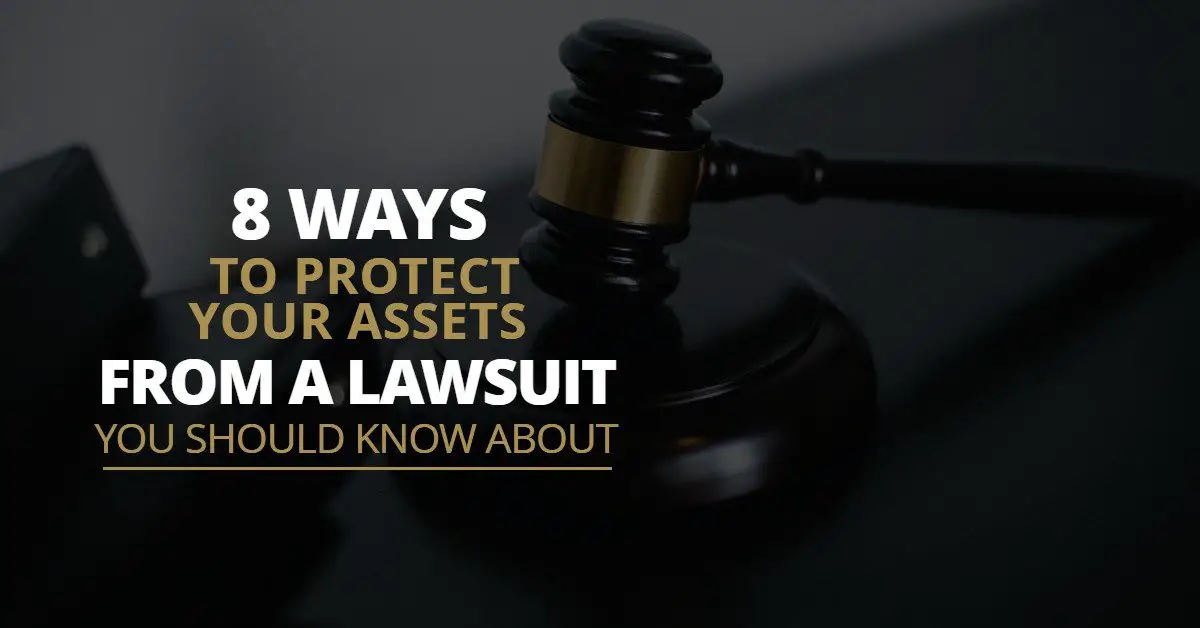Understanding the impact of fiscal cliffs is crucial for individuals and businesses alike. In simple terms, fiscal cliffs refer to a situation where a government’s budget experiences sudden and significant changes, leading to potential economic consequences. By comprehending the potential effects of these cliffs, we can better navigate the financial landscape and make informed decisions. So, let’s delve into this topic together and explore the intricate dynamics of fiscal cliffs. By the end, you’ll have a clearer understanding of how they can impact our economy and our lives. Let’s get started!
Understanding the Impact of Fiscal Cliffs
A fiscal cliff refers to a situation where a combination of tax increases and spending cuts occur simultaneously, potentially leading to a significant negative impact on an economy. The concept gained popularity in recent years, particularly in the context of the United States. In this article, we will delve into the intricacies of fiscal cliffs, exploring their effects on various aspects of the economy and society. By understanding the impact of fiscal cliffs, we can better comprehend the importance of fiscal policy and its implications for economic stability.
Economic Consequences of Fiscal Cliffs
Fiscal cliffs have the potential to disrupt the economy in several ways. Let’s take a closer look at some of the key economic consequences:
1. Economic Growth
When a fiscal cliff looms, it creates uncertainty among consumers, businesses, and investors. This uncertainty can lead to a decrease in consumer spending, reduced business investment, and a general slowdown in economic growth. The anticipation of higher taxes and reduced government spending can deter businesses from making long-term investment decisions, further dampening economic expansion.
2. Employment and Labor Market
The impact of fiscal cliff measures on employment can be significant. Spending cuts often result in reduced government-funded projects, leading to job losses in sectors such as infrastructure development and public services. Additionally, tax increases can decrease disposable income for consumers, affecting their ability to spend and potentially leading to job cuts in the private sector.
3. Consumer Spending and Confidence
Fiscal cliffs can erode consumer confidence, causing individuals to become more cautious about their spending habits. Higher taxes and reduced government services can leave consumers with less disposable income, limiting their purchasing power. This decline in consumer spending can have a ripple effect throughout the economy, impacting various industries and contributing to slower economic growth.
4. Financial Markets
Fiscal cliffs can create volatility in financial markets. The uncertainty surrounding changes in fiscal policy can lead to fluctuations in stock prices, interest rates, and exchange rates. Investors may become hesitant and opt for safer investments, potentially resulting in a slowdown in capital flows and investment activity.
Social Implications of Fiscal Cliffs
The impact of fiscal cliffs extends beyond the economy and can have wide-ranging social implications. Let’s explore some of these implications:
1. Government Services
Fiscal cliffs often necessitate spending cuts in various government-funded programs and services. Reductions in areas such as healthcare, education, and social welfare can significantly affect vulnerable populations. These cuts may result in limited access to essential services, affecting the quality of life for many individuals and exacerbating economic disparities.
2. Income Inequality
Fiscal cliffs can exacerbate income inequality within society. Tax increases and spending cuts may disproportionately impact low-income households, while high-income individuals may have greater capacity to absorb these changes. Without careful policy considerations, fiscal cliffs can widen the gap between the rich and the poor, further straining social cohesion.
3. Social Safety Nets
As governments grapple with the need to reduce spending, social safety nets can be at risk. Programs that provide support to individuals and families facing financial hardships, such as unemployment benefits and welfare assistance, may face cuts or limited resources. This can leave vulnerable populations without the necessary support to weather economic downturns.
4. Public Trust and Confidence
The occurrence of frequent fiscal cliffs can erode public trust and confidence in government institutions and policies. When lawmakers struggle to reach consensus on fiscal matters, it can lead to frustration and a loss of faith in the ability to effectively manage the economy. This lack of trust can have broader implications for democratic governance and citizen engagement.
Policy Considerations and Mitigation Strategies
To minimize the negative impact of fiscal cliffs, policymakers must take proactive steps and implement effective mitigation strategies. Here are some policy considerations:
1. Long-Term Planning and Stability
Policymakers should focus on long-term planning to avoid sudden fiscal cliffs. Developing and implementing sustainable fiscal policies can enhance economic stability and reduce uncertainty. By adopting measures like multi-year budgeting and comprehensive tax reform, governments can establish a more predictable fiscal environment.
2. Balancing Revenue and Expenditure
A balanced approach to revenue and expenditure is crucial to prevent the emergence of severe fiscal cliffs. Governments should seek to strike a balance between generating sufficient revenue through taxes and ensuring responsible spending practices. This approach can help maintain necessary public services while avoiding excessive reliance on debt accumulation.
3. Gradual Phasing of Changes
Rather than implementing abrupt changes, a gradual phasing of fiscal adjustments can mitigate the impact of fiscal cliffs. This approach allows individuals, businesses, and the economy to adjust to new policies over time, reducing the potential for sudden shocks. Gradual changes provide stakeholders with greater certainty and enable smoother transitions.
4. Targeted Social Support
Policymakers need to prioritize targeted social support to mitigate the negative social implications of fiscal cliffs. Ensuring that vulnerable populations have access to essential services and strengthening social safety nets can help minimize the adverse effects on those most in need. Investing in education, healthcare, and job training programs can also promote social mobility and reduce income inequality.
In Conclusion
Fiscal cliffs have far-reaching implications for economies and societies. Understanding their impact is crucial for policymakers, businesses, and citizens alike. By considering the economic and social consequences, policymakers can design more effective and sustainable fiscal policies, promoting stability and inclusivity. Through careful planning, balancing revenue and expenditure, and providing targeted social support, societies can navigate fiscal cliffs and mitigate their negative effects, fostering a stronger and more resilient economy for all.
What is the Fiscal Cliff? Everything You Need To Know
Frequently Asked Questions
Frequently Asked Questions (FAQs)
What is a fiscal cliff?
A fiscal cliff refers to a combination of government spending cuts and tax increases that occur simultaneously, often leading to a significant reduction in the budget deficit. It is typically designed as a policy measure to encourage fiscal discipline and address economic challenges.
How does a fiscal cliff impact the economy?
A fiscal cliff can have a significant impact on the economy. While it aims to reduce the budget deficit, the sudden reduction in government spending coupled with tax increases can lead to a decrease in consumer and business spending. This contraction in economic activity can result in job losses, lower investment, and a slowdown in overall economic growth.
Can a fiscal cliff be avoided?
Yes, a fiscal cliff can be avoided through various means. Governments can implement alternative fiscal policies, such as gradual spending cuts or targeted tax adjustments, to achieve fiscal sustainability without causing a sudden shock to the economy. Negotiations and compromises among policymakers are often key in finding alternative solutions.
What are the potential consequences of going over a fiscal cliff?
Final Thoughts
Understanding the impact of fiscal cliffs is crucial in navigating the economic landscape. These sharp declines in government spending and simultaneous tax increases can have significant consequences on various sectors of the economy. Businesses may experience reduced consumer spending, leading to decreased profits and potential layoffs. Individuals may face higher taxes, reduced government services, and lower disposable income. Additionally, stock markets may witness volatility, affecting investor confidence. Therefore, comprehending the implications of fiscal cliffs is vital for policymakers, businesses, and individuals alike to prepare and mitigate potential challenges.



